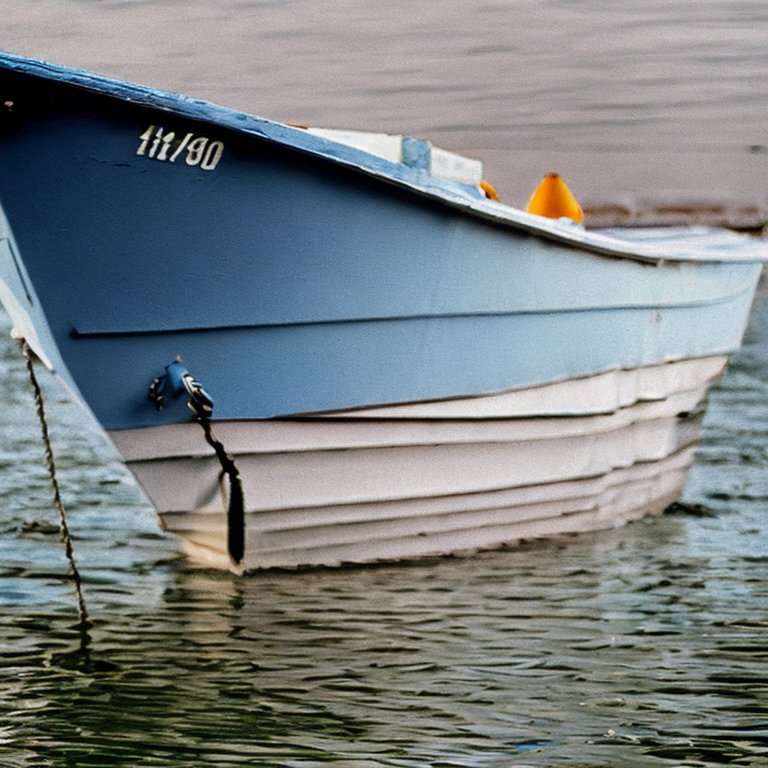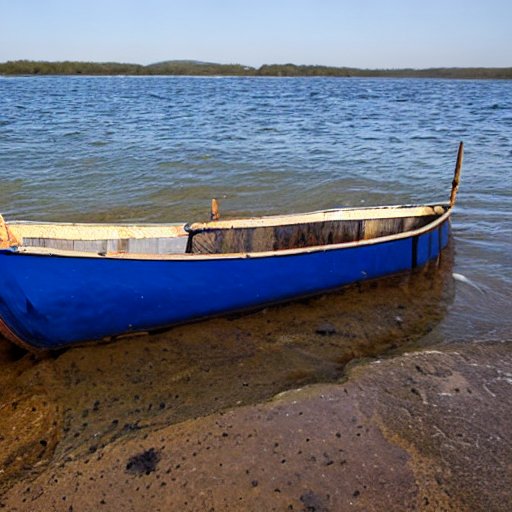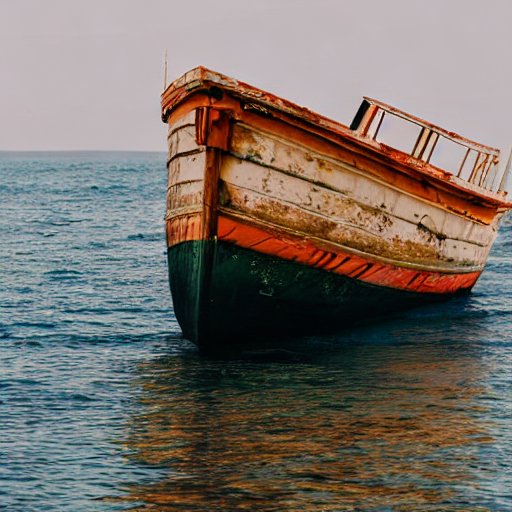Venturer
Avoiding Boat Collisions: Tips for Safe Boating | Boating Safety Guidelines
Updated at 07-02-2023 · Education
Boat collisions are a serious concern for boaters of all levels. A collision can cause damage to boats, result in injury or even loss of life. It's important to understand the steps you can take to avoid boat collisions and ensure a safe and enjoyable boating experience. In this article, we'll provide tips for avoiding boat collisions and highlight the importance of following these guidelines.
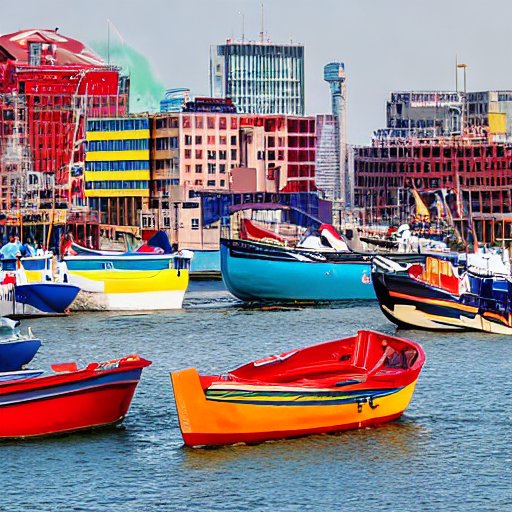
Understanding Navigational Rules
One of the key factors in avoiding boat collisions is understanding navigational rules. The International Regulations for Preventing Collisions at Sea (COLREGS) outlines the rules that must be followed by all vessels on the water. These rules include the right of way rules, which dictate which vessel has the right to proceed in a given situation. It's important to follow these rules to ensure the safety of all vessels on the water.
Maintaining Proper Lookout
Maintaining a proper lookout is another crucial step in avoiding boat collisions. This involves keeping a watchful eye on the water and your surroundings at all times, looking for other vessels, hazards, and potential obstacles. By staying alert and focused, you'll be able to react quickly to any potential collisions and avoid them.
Communicating with Other Boats
Effective communication is another essential aspect of avoiding boat collisions. Whether you're using signals, horns, or other means, it's important to clearly and effectively communicate with other boats to ensure that everyone is aware of each other's presence and intentions.
Maintaining Safe Speed
Maintaining a safe speed is another important factor in avoiding boat collisions. This involves understanding speed limits and adapting your speed to the conditions of the water, such as visibility, traffic density, and weather conditions. By traveling at a safe speed, you'll have more time to react to potential collisions and avoid them.
Being Prepared for Emergencies
Finally, it's important to be prepared for emergencies while on the water. This includes having a float plan, which outlines your intended route and emergency contact information, as well as carrying essential emergency equipment, such as a life jacket and a VHF radio. By being prepared for emergencies, you'll be better equipped to handle any unexpected situations that may arise.
Avoiding boat collisions requires a combination of understanding navigational rules, maintaining a proper lookout, communicating effectively with other boats, maintaining a safe speed, and being prepared for emergencies. By following these tips, you'll be better equipped to stay safe on the water and enjoy a safe and enjoyable boating experience. Remember, the safety of you and your passengers should always be your top priority while on the water.
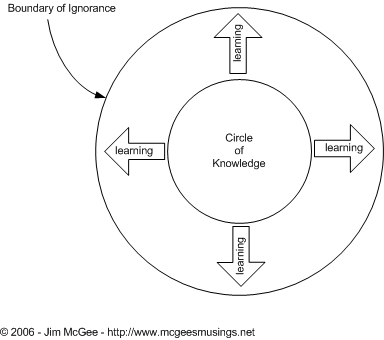
-1675940156.jpg)

.jpg)
